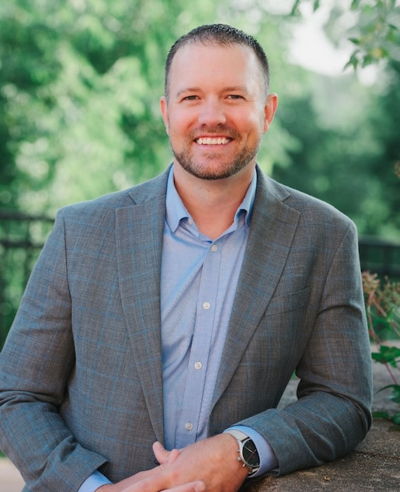For many business owners, retirement isn’t just a financial milestone—it’s a psychological shift that can feel both liberating and unsettling. After years of making decisions, leading teams, and building something meaningful, stepping away from that identity can bring a wave of unexpected emotions. The fear of losing purpose, structure, and relevance is real, and yet, retirement holds the potential for a deeply fulfilling new chapter.
So how do you successfully transition from business owner to retiree without feeling like you’ve lost a part of yourself? It starts with understanding the psychological hurdles and creating a plan to navigate them.
Understanding the Emotional Impact of Retirement
Business owners often tie their identity closely to their work. The business you built isn’t just a career—it’s a reflection of your skills, passions, and years of dedication. That’s why stepping away can feel like losing a part of yourself. Questions like, Who am I without my business? or What’s my new purpose? are common.
It’s important to acknowledge these feelings rather than dismiss them. Retirement is a major life transition, and like any change, it comes with a mix of excitement and uncertainty. Recognizing that it’s normal to feel a sense of loss can help you move through it with confidence.
Redefining Your Purpose Beyond Business
One of the biggest fears business owners face in retirement is losing their sense of purpose. For years, your work has given you clear goals, challenges to overcome, and a reason to wake up every morning. Without those responsibilities, life can feel directionless—unless you redefine what purpose means to you now.
Ask yourself:
- What aspects of running my business did I love the most?
- What skills and knowledge do I want to continue using?
- What new interests or passions have I not had time to explore?
For some, purpose in retirement comes from mentoring younger entrepreneurs, consulting, or serving on boards. For others, it’s about creative pursuits, travel, or philanthropic efforts. The key is to shift from running a business to building a life that excites and fulfills you.
Replacing Work Structure with a New Routine
As a business owner, your days have been defined by meetings, deadlines, and strategic planning. Without that structure, retirement can feel overwhelming or even unproductive. That’s why establishing a new routine is essential—not to replicate your work life, but to create a rhythm that brings stability and balance.
A fulfilling retirement schedule might include:
✔️ Time for physical activity (exercise, yoga, or outdoor adventures)
✔️ Intellectual engagement (reading, writing, mentoring, or taking classes)
✔️ Social interactions (networking events, volunteering, or family time)
✔️ Personal development (pursuing hobbies, learning new skills, or traveling)
Having a routine doesn’t mean rigidly scheduling every hour; it simply ensures that your days remain purposeful and engaging.
Staying Socially and Professionally Connected
Many business owners underestimate the social aspect of work. The daily interactions with employees, clients, and partners provide a sense of community and connection. In retirement, it’s crucial to maintain and build new relationships to prevent feelings of isolation.
Ways to stay engaged:
- Join industry groups or alumni networks to continue meaningful discussions
- Become a mentor for aspiring business leaders
- Volunteer in causes that align with your expertise
- Set up regular social activities with friends, family, and peers
By staying connected, you maintain a sense of belonging and contribution—key ingredients for a fulfilling retirement.
Embracing Change as an Opportunity, Not a Loss
One of the most powerful mindset shifts in retirement is viewing it as a beginning rather than an end. Instead of focusing on what you’re leaving behind, think about what you’re gaining: freedom, flexibility, and the opportunity to design a life that excites you.
Many business owners find that once they step away, they uncover new passions and interests they never had time for before. Whether it’s starting a passion project, traveling the world, or simply enjoying more quality time with loved ones, this transition is about discovering what truly makes you happy.
Final Thoughts
Retirement isn’t about letting go of who you are—it’s about evolving into a new, equally meaningful version of yourself. The leadership, discipline, and vision that built your business are the same qualities that will help you shape a fulfilling retirement.
By embracing this psychological shift with a proactive mindset, you can create a retirement that feels just as rewarding as your career—one where you remain engaged, inspired, and excited for what’s ahead. Because the truth is, your next great venture is just beginning.

